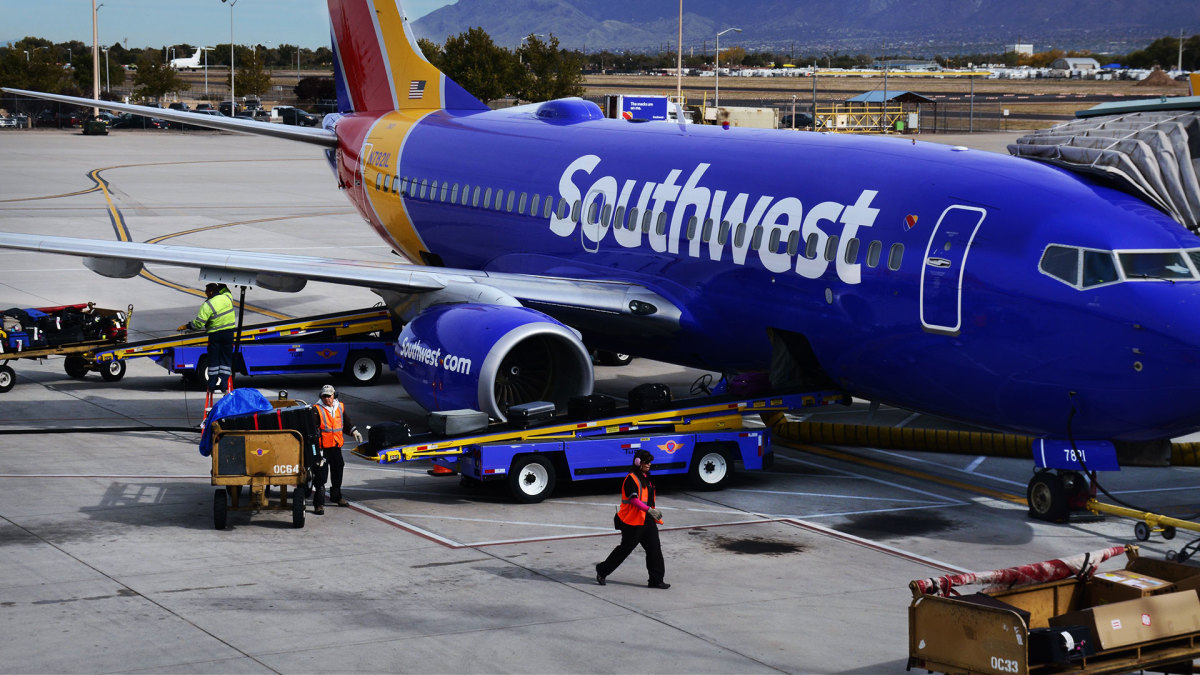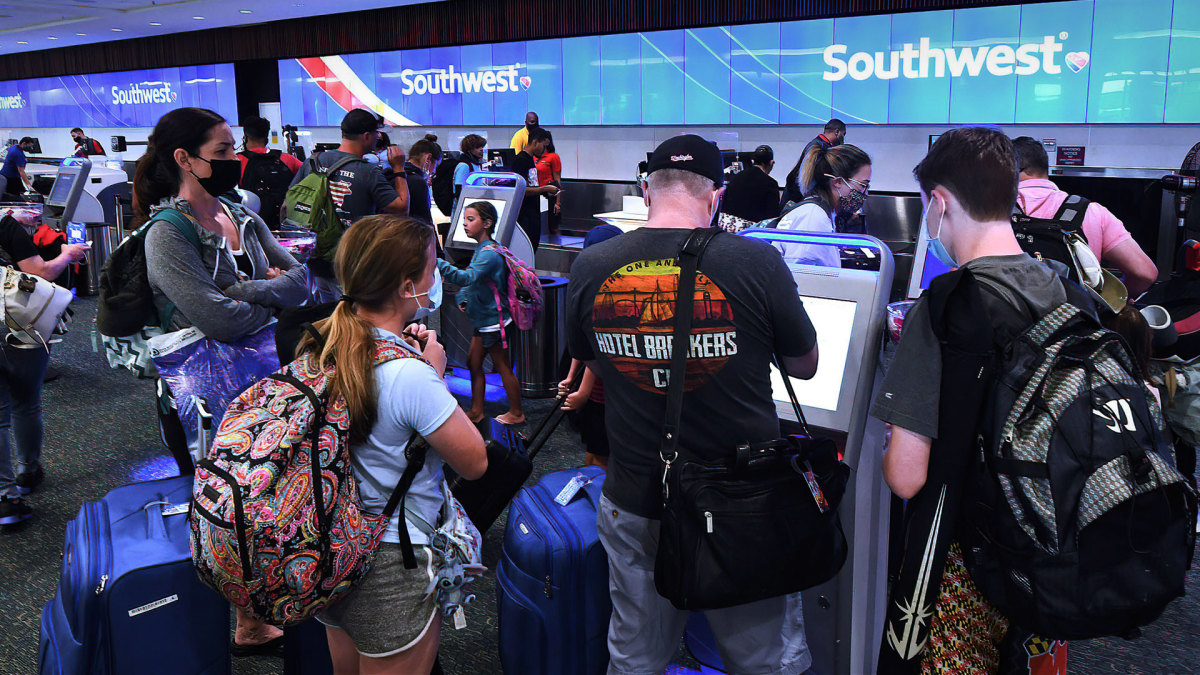
Even if you weren't flying on Southwest Airlines last winter, you almost certainly heard about its holiday meltdown.
Bad weather pushed the company's scheduling software beyond its capabilities, which crippled the airline and stranded many of its customers.
It wasn't just that flights got canceled; that happens all the time on every airline. It was that Southwest's systems melted down. The company's software could not handle all the changes and essentially became useless. That meant that affected passengers were not only stuck, they had no idea when they might get flights.
Related: United Airlines makes a change that hurts many passengers
That led to people booking on other airlines at high prices and renting cars for expensive one-way trips. Some people simply got stuck, away from home, or at home and unable to take a planned vacation.
The disaster threatened to undermine the public's trust in Southwest Airlines (LUV) -) in the long term. The airline has now promised that it's ready for this year's holiday season.
"We have reinforced our airport infrastructure, increased available equipment, and bolstered overall winter preparedness at key airports with the potential for severe winter weather to help our employees function more effectively in severe weather,." the company said on its website. The carrier has committed $1.3 billion to fix its problems.
But one of its most senior pilots made clear that it's not enough.

Image source: Paul Hennessy/SOPA Images/LightRocket via Getty Images
Pilot says Southwest is not ready
It's important to note that Southwest and its pilots union, the Southwest Airlines Pilots Association, remain at odds over a new contract. The two sides are currently in federal mediation after the pilots were denied a request to be released from that process.
The union has been making moves toward a strike if it gets the needed release and the cooling-off period ends. There's no guarantee of a strike as President Joe Biden has steps he can take to delay a work stoppage, but it's fair to say that the union has criticized the airline.
The union recently shared some comments from one of its vice presidents, Capt. Tom Nekouei, on its website. The pilot, who has been with Southwest for 18 years of his 30-year career as a pilot, made clear he does not believe the airline is ready for another similar winter storm.
“We had a winter storm and the inability of the company to deal with severe weather events. I don’t know if we’re going to have another one. The ability of the company to deal with them, we don’t feel has been addressed and improved," he said.
The captain also provided evidence.
"We proved a couple of weeks ago in Denver the company struggled to get airplanes de-iced and airborne. They wouldn’t release airplanes out of the gate to get de-iced. We just don’t have the resources for our employees to deal with that,” he added.
The union official is surprised that the airline did not invest more in preventing future problems.
“Last year, with shutting the airline down for a week, we thought we’d get an overwhelming response with more manpower, equipment, and increased staffing. It just doesn’t seem to have happened. If we have major weather events this winter, the company is not really that capable of mitigating them,” he said.
Southwest Airlines responds
Southwest COO Andrew Watterson addressed the airline's weather preparedness during the company's second-quarter-earnings call.
"When we had weather events, we managed to reset and be right back on track the next morning, which is a sign of good management through the regular operations by our people," he said.
Those events were summer, not winter, weather disruptions, but the COO believes the airline has made significant improvement.
"Underneath that headline, we saw broad-based improvements in our operating metrics as on-time performance, long delays, early morning originators, turn compliance, flown as booked, and trip Net Promoter Score, all showed solid year-over-year improvements," he added.
Southwest Airlines sent a statement to the pilots union and pointed TheStreet to its most-recent earnings call.
“Keeping our interconnected networks of airports, aircraft, and flight crews working in concert is paramount during irregular operating conditions,” the spokesperson wrote.
The spokesperson pointed to the purchase of equipment such as more engine inlets, deicing trucks, and high-powered heaters, as well as the securing of additional space for deicing operations, especially for cities that experience winter weather and serve as flight crew bases, such as Baltimore, Chicago (Midway) and Denver.
The written statement also noted that the airline has hired thousands of new workers and has trained more people to deice planes.
In addition to hiring thousands of employees in 2023 and training more staff “than ever before” to deice aircraft, the company has also improved readiness, according to the spokesperson.
“Along with those tangible assets to bolster our readiness, we’ve enhanced network health dashboards, flight crew support software, and communication between the groups planning our flight schedule and the groups executing our flight schedule," the company added.
Get exclusive access to portfolio managers and their proven investing strategies with Real Money Pro. Get started now.







